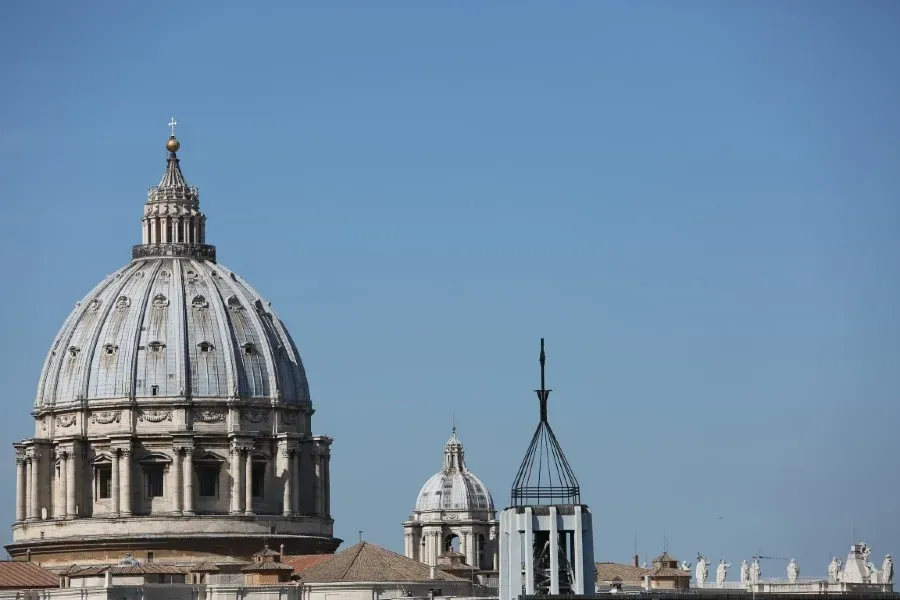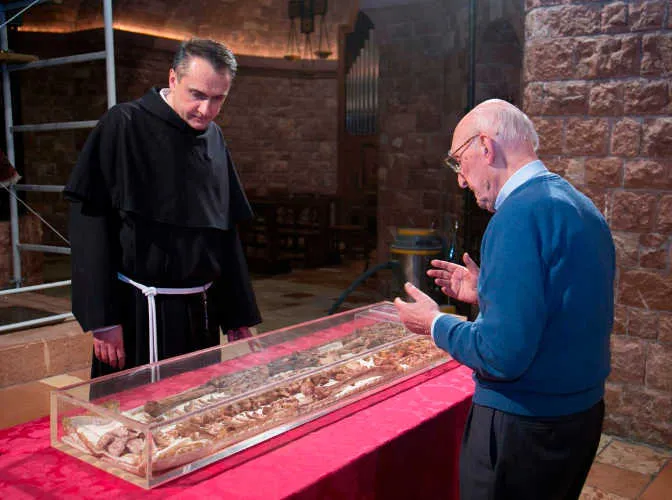Strasbourg, 12 October, 2021 / 8:00 pm (ACI Africa).
The European Court of Human Rights (ECHR) ruled on Tuesday that the Vatican cannot be sued in local courts for the actions of clerical abusers because it has sovereign immunity.
The international court that interprets the European Convention on Human Rights issued the ruling on Oct. 12. It is the first time that the court has considered a case touching on the Holy See’s immunity.
A Chamber of seven judges decided by six votes to one that courts in Belgium did not violate Article 6 § 1 of the convention, on the right of access to a court, when they declined jurisdiction in respect of the Vatican.
The case, known as J.C. and Others v. Belgium, was brought by 24 Belgian, French, and Dutch nationals against the Vatican, as well as Catholic leaders and associations in Belgium.
The applicants, who said they were sexually abused by Catholic priests as children, sought to bring a civil action against the Vatican, arguing that it had addressed clerical abuse in a “structurally deficient manner.”








